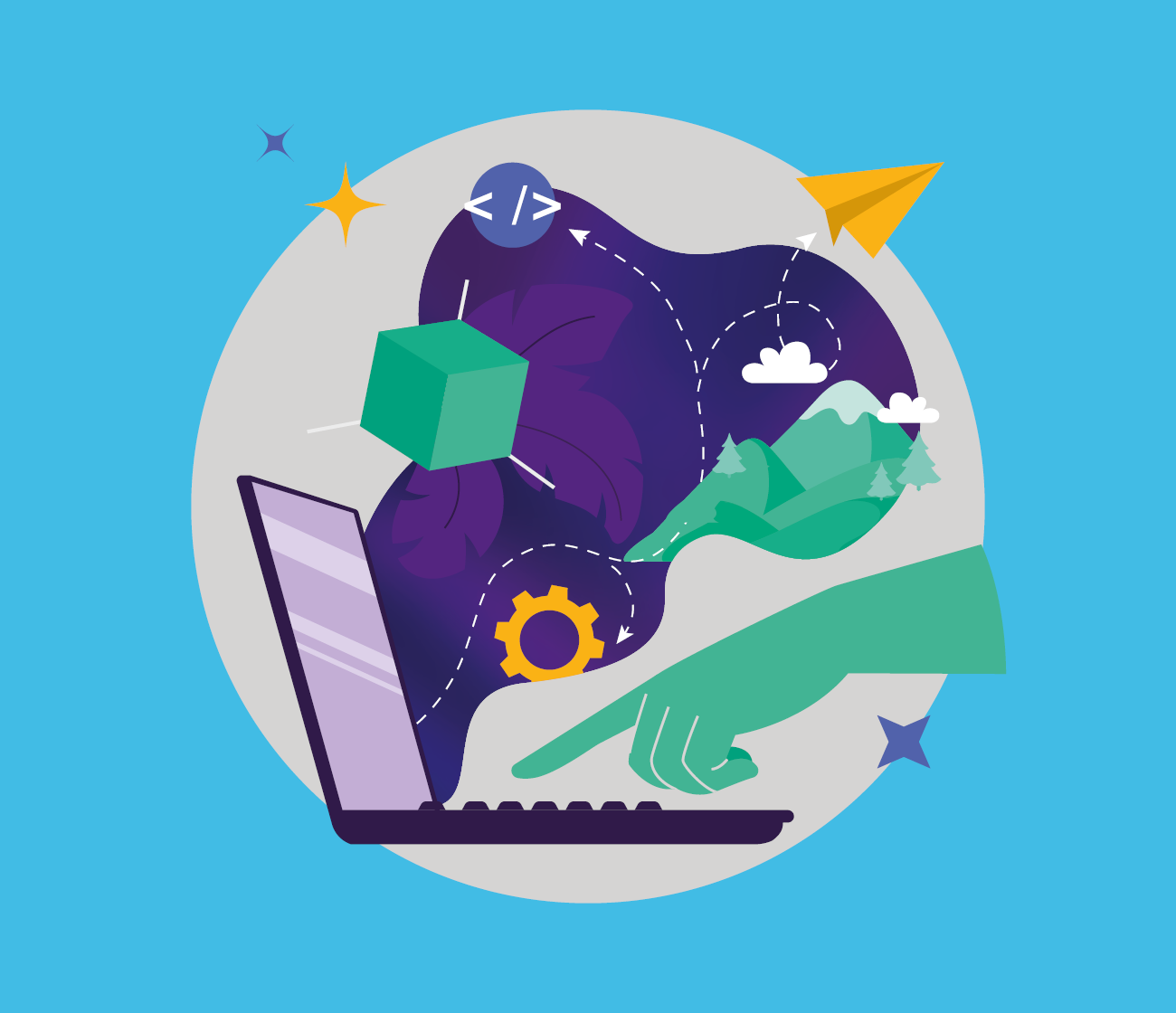At the recent SXSW EDU, AI unsurprisingly dominated discussions, underscoring its significant influence on the educational landscape. For learning and development professionals, grasping the impact of such technologies on young learners and educational institutions is crucial. The advent of Generative Artificial Intelligence (GenAI) is set to fundamentally transform the learning landscape, affecting learners from their early childhood through adulthood. Far from automating the learning process, GenAI is poised to augment it, offering tools that enhance learning experiences and outcomes. This transformation will not only disrupt the norms of teaching methodologies but also significantly impact the skills required in the future workforce, necessitating a paradigm shift for educators and employers alike.
Transformative learning experiences
Future learners will interact and consume content in ways that are radically different from today’s methodologies. From a young age, individuals will be exposed to GenAI and smart technologies. Exposure will reframe expectations for learning towards a model where individuals seek knowledge through intuitive queries, using their natural language and comprehension styles. This accelerates the current departure in our industry from the rigid, one-size-fits-all approach, heralding a new era of personalized learning experiences.
Self-directed learning and assessment
GenAI will empower learners to assess themselves through generated quizzes, assessments, and scenarios that are far removed from classic linear and prescriptive experiences. This approach offers a bespoke learning journey, enabling learners to process information and apply it in a manner that best suits their individual needs.
The ability to tailor learning content to the learner will support diverse learning styles and preferences, ensuring that education is accessible and effective for everyone.
Empowering educators
By offering greater personalization, GenAI supports educators in delivering content that meets each learner’s unique needs, thereby enhancing the learning experience. Furthermore, GenAI can reduce the burden of time-consuming tasks such as content creation and administrative tasks.
By handling the more mundane aspects of teaching, GenAI enables educators to reallocate their time and energy towards more impactful aspects, such as, engaging in one-on-one mentorship, and developing personalized learning plans.
The role of educators in the GenAI era
The role of educators will evolve, encompassing not only the curation of data for GenAI models to ensure accuracy, conciseness, and value but also the building and leveraging of these systems within learning environments.
Educators will become pivotal in activating the use of GenAI among learners, highlighting the critical role of human oversight.
This evolution underscores the importance of technology as a tool to augment, rather than replace, the learning process, ensuring that educators are at the forefront of shaping how these innovations enhance education.
Skills for the future
The integration of GenAI into learning environments is set to revolutionize the requisite skill sets, encompassing not only the ability to solve problems and formulate queries for GenAI systems but also the critical examination of their outputs. Importantly, the advent of natural language interfaces in creating and interacting with GenAI systems has opened up this once highly technical domain to individuals proficient in language. This democratization of technology access means a shift towards a more inclusive approach to learning. These skills underscore the importance of a critical and algorithmic approach to problem-solving, moving away from rote tasks towards complex, idea-driven endeavors. These skills are coming to be known as Computational Thinking.
Impact on workplace learning
The shift towards GenAI-driven education will have profound implications for the workforce. Organizations will prioritize individuals who possess critical thinking and the ability to engage with algorithms over those skilled in repetitive tasks. This shift anticipates a future where creativity, innovation, and the ability to work seamlessly with GenAI are paramount. For this reason, organizations should prepare for future employees who are not only proficient in computational thinking but also accustomed to leveraging GenAI in their ways of working and learning.
To harness the full potential of this shift, it’s crucial for organizations to develop leadership skills that aid in creating an environment conducive to the democratization of technology.
Such an environment will empower individuals to test and learn, fostering a culture where the innovative use of GenAI in problem-solving and decision-making is not just encouraged but flourishes.
The future learner will navigate a landscape where GenAI significantly influences how they learn, the skills they require, and the roles of educators and employers. This transformation offers exciting possibilities for personalized, adaptive learning experiences that prepare individuals for a future where critical thinking, computational skills, and the ability to interact intelligently with GenAI are crucial. As we embrace these changes, it is imperative to ensure that GenAI serves to augment human potential, fostering a learning environment that is inclusive, effective, and geared towards the demands of the future.
Connect with our experts, Shawn Jordan and Josh Gleim, on LinkedIn to share your challenges, expectations and ambitions.



